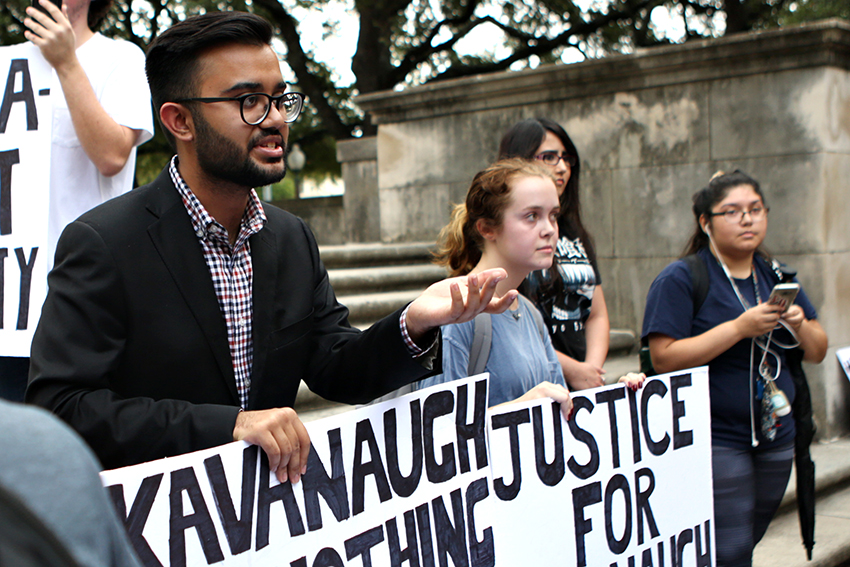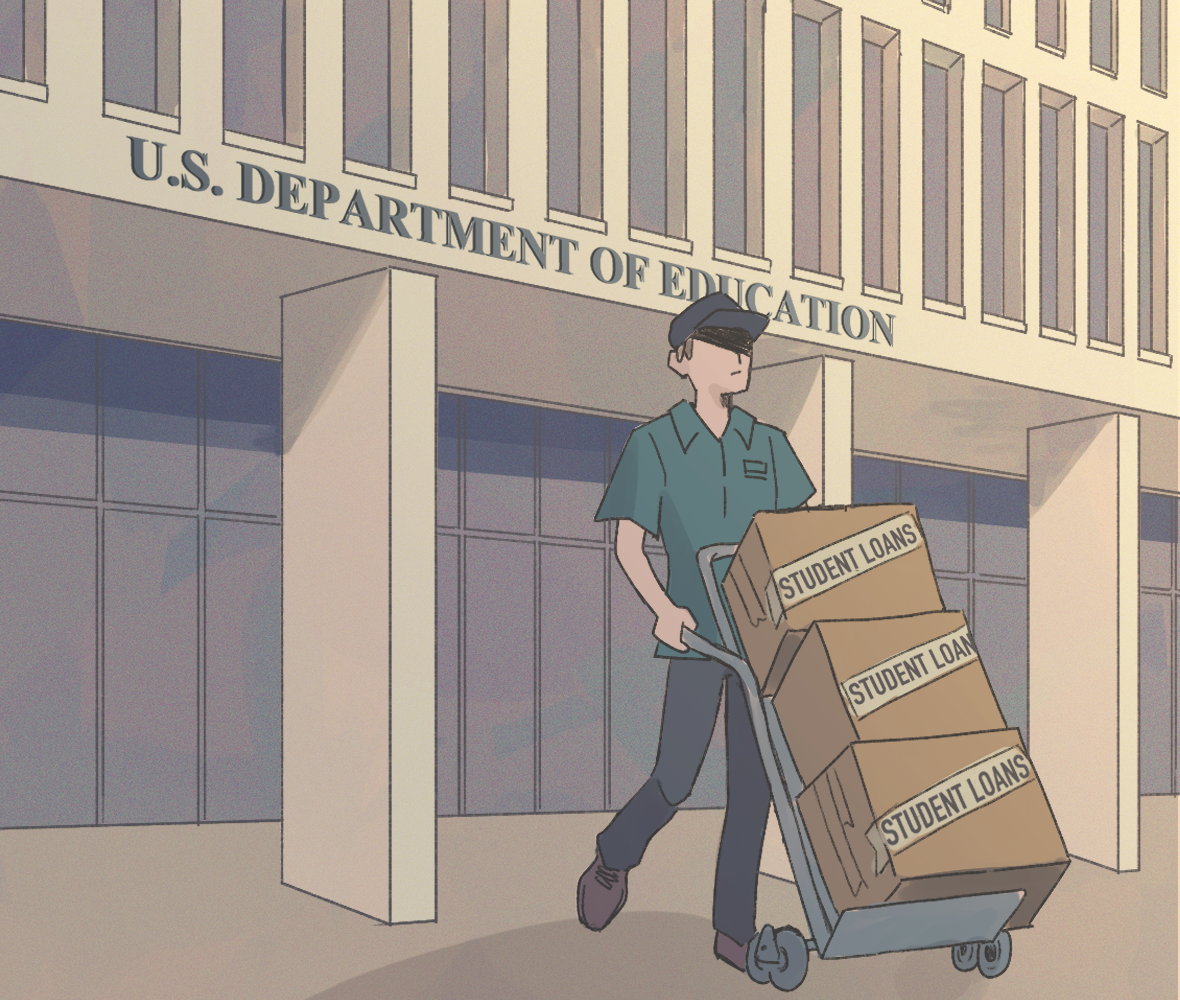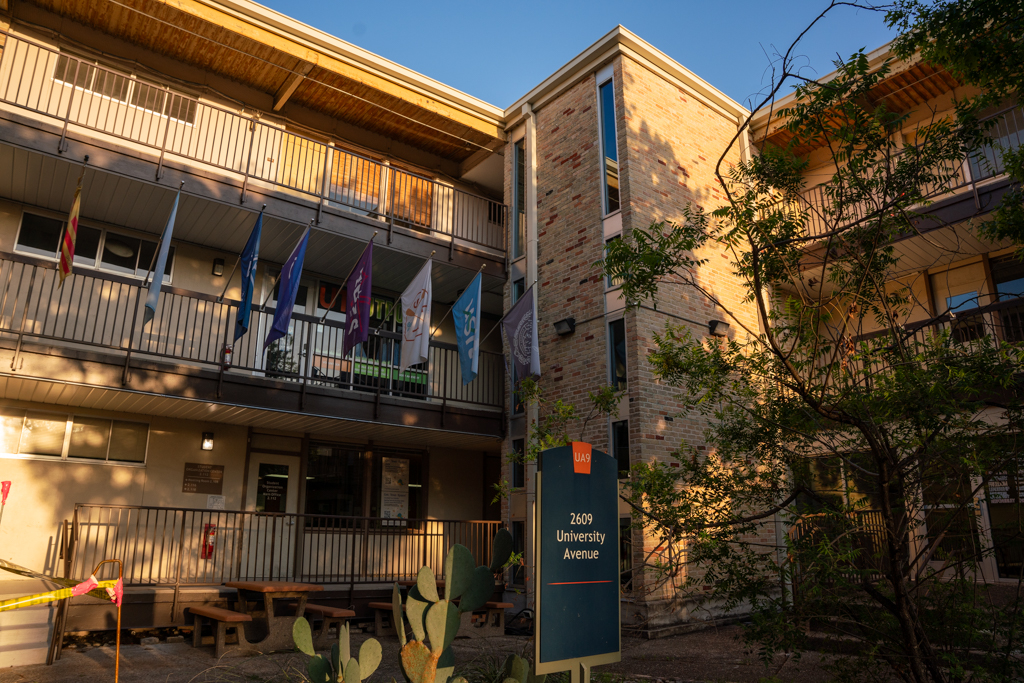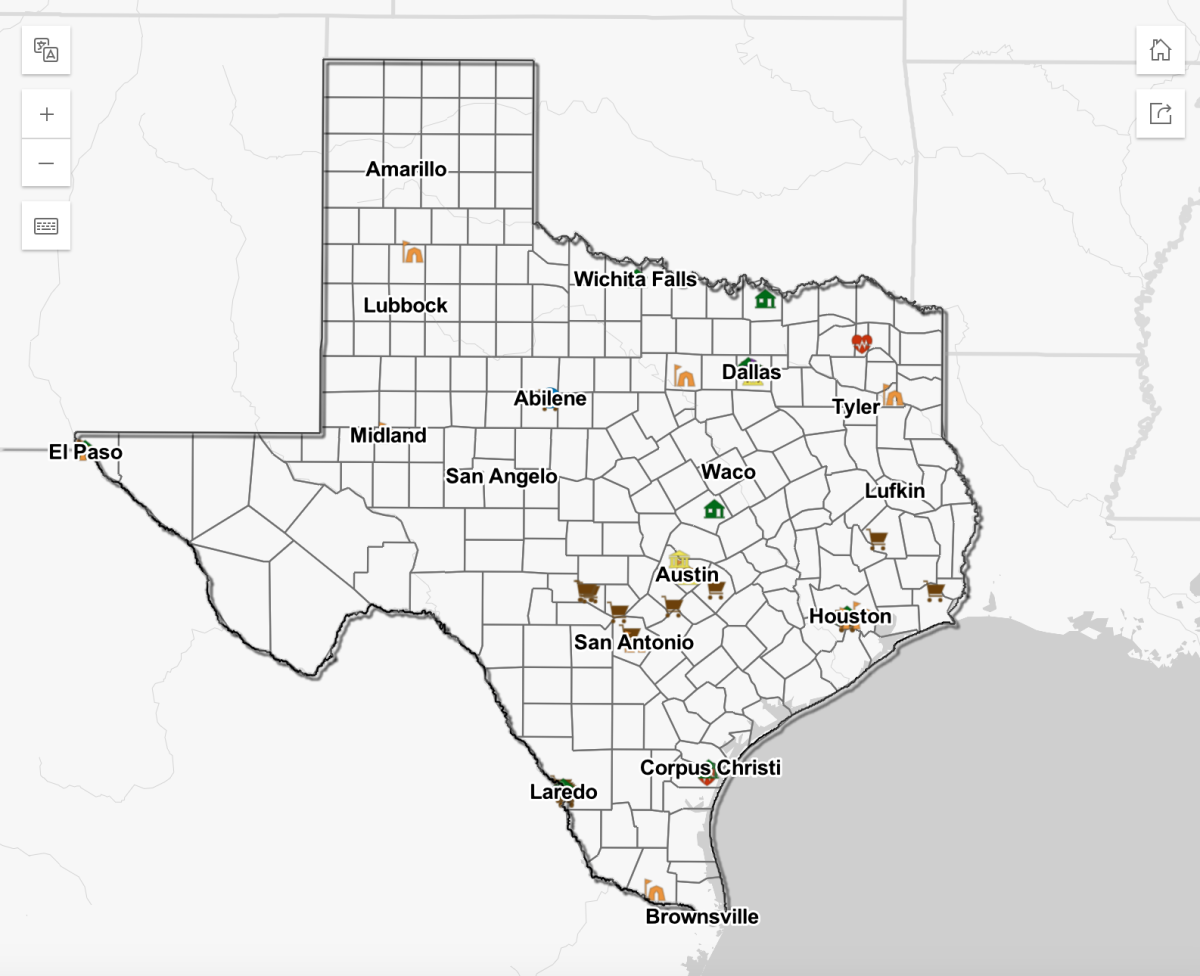Speech First, a national group that advocates for free speech on college campuses, filed a federal lawsuit this week accusing UT-Austin of stifling students’ free speech rights.
The lawsuit specifically goes after UT’s speech policies, residence hall manuals and the Campus Climate Response Team, or CCRT. The suit said the speech policies and manuals, both of which prohibit verbal harassment, violate the First Amendment because they are too vague in their definitions of such behavior.
“The absence of clear standards creates a serious risk that these provisions will be enforced in an arbitrary or discriminatory manner, or will be used to target speech based on the viewpoint expressed,” the suit states.
Speech First also argues in the suit that the rules are so broad they are almost impossible to follow.
As a reporting and enforcement tool for harassment on campus, the suit alleges that the CCRT “chills” free speech because of the wide-ranging nature of the definitions of standards for “verbal harassment,” “incivility” and “rudeness.”
The CCRT was created in 2011 at the request of then-President Bill Powers and “facilitates appropriate responses to campus climate incidents affecting the UT Austin community and serves as a repository for reports of bias,” according to its most recent biannual report.
In response to the suit, University spokesman J.B. Bird said in a statement that UT “vigorously” protects students’ free speech and cited a statement from the Handbook of Operating Procedures.
“The freedoms of speech, expression, and assembly are fundamental rights of all persons and are central to the mission of the University. Students [at UT Austin] … have the right to assemble, to speak, and to attempt to attract the attention of others, and corresponding rights to hear the speech of others when they choose to listen, and to ignore the speech of others when they choose not to listen,” the handbook states.
Speech First also cites a number of recent events at UT as evidence of the University discouraging free speech outside of just its policies, the residence hall manuals and the CCRT.
“We are in the process of reviewing the lawsuit. At first glance, it appears to be incomplete on certain facts,” Bird said in the statement. “We look forward to reviewing it and responding through legal channels.”
Bird is referring to the lawsuit’s omission that a proposed 2016 Student Government Assembly Resolution to disband the Young Conservatives of Texas ultimately failed. The suit only mentions that the resolution was proposed.
The suit also mentioned UT’s responses to the two “affirmative action bake sales” and “Catch an Illegal Immigrant” events hosted by YCT, the latter of which was canceled by the organization prior to happening, as other examples of the University trying to stifle free speech. For each one, Gregory Vincent, the vice president for diversity and community engagement at all three times but who has since left UT, issued statements condemning the organization.
In a statement on Speech First’s website, the group’s president Nicole Neily said UT has “failed to appropriately safeguard students’ First Amendment rights.”
“Students deserve to be able to express themselves and voice their opinions without fear of investigation or punishment – which is why these policies must be reformed,” Neily said in the statement.





















